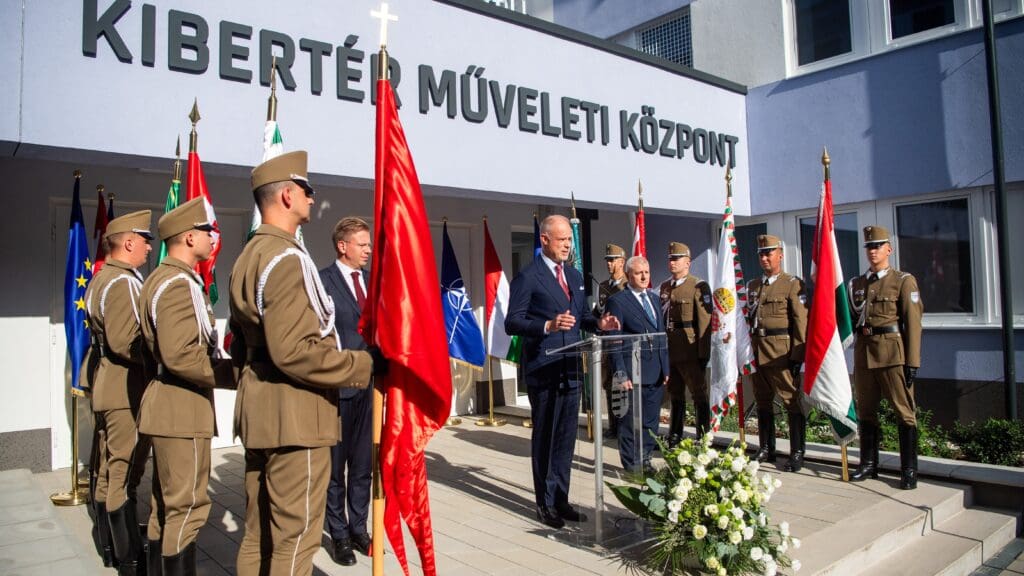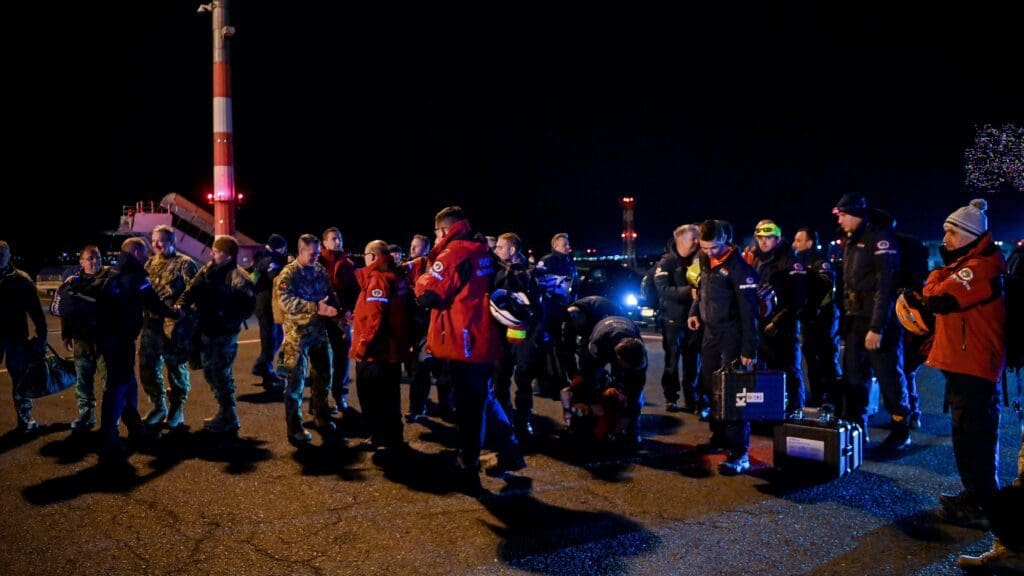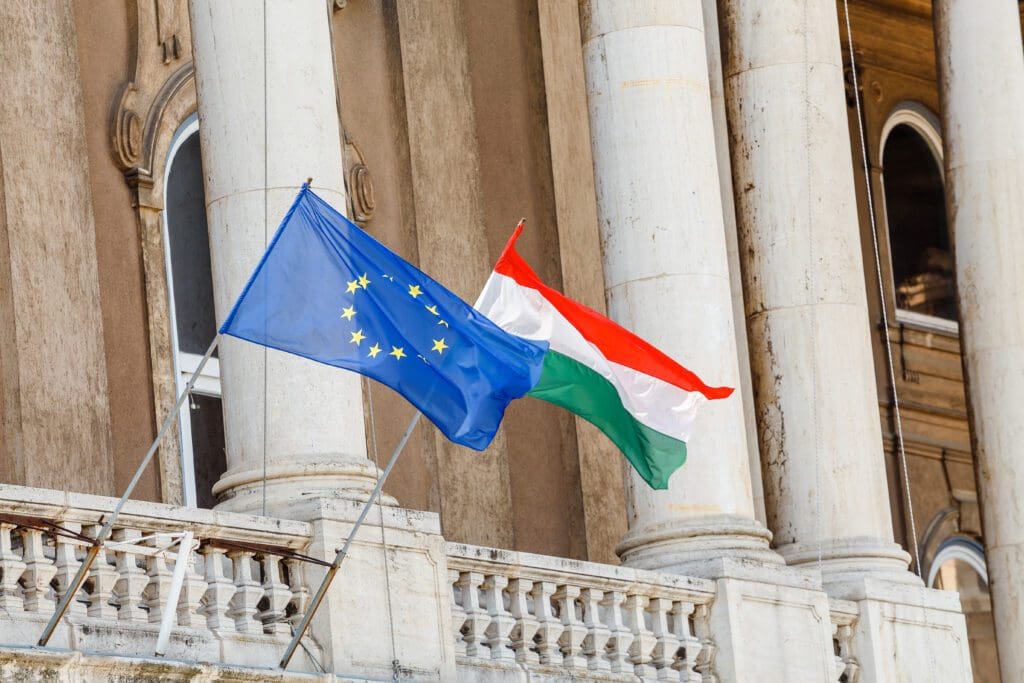
A key factor in the European Union’s courting of new partners will be how it balances its ideological inclinations and the necessity of compromise for meeting its needs. The break from Russian sources has been seen by some as an opportunity to accelerate the conversion of the continent into a green energy-powered utopia.

‘While Hungary and Poland ensure their reactionary abilities remain strong through their respective memberships in NATO, the rapidly developing world of cyber affairs and the dangers they come with require a proactive approach to avoid potential vulnerabilities in national infrastructure. Budapest has already begun to implement such an approach.’

The conservative position in the United States is that American exports should be ramped up to secure European energy stability and American influence, pushing back Russia’s own power across the continent while questioning the validity of the environmentalists’ alarmism in the process. While U.S. policy is already moving in such a direction through its increased LNG exports, a possible conservative administration in 2024 seems to have its agenda set to push the effort into overdrive.

‘What will determine whether the situation plays to Hungary’s favour or not will be the ability of its leaders to balance the concerns of its security partners with the benefits it gains from its economic ones. With its society becoming more dependent on cyber infrastructure, what is undeniable is the necessity to protect it from hostile foreign influence and manipulation. Its western allies offer the greatest opportunity to accomplish that but would likely come at the cost of its Chinese-built infrastructure.’

From the inception of post-Soviet Hungary, East Asian relations have been oriented towards trade as well as knowledge and information exchange. With the opening up of the Hungarian economy, foreign direct investment (FDI) began to flow in from Taiwan, China, and India, and was widely distributed over a diverse range of sectors including finance, retail, mining, and those that this article focuses on: automotive manufacturing and logistics.

‘Hungary’s support for Georgia makes sense in a number of ways. With both nations having brutal histories of Russian domination, Hungary understands the struggles Georgia has had in coming out of Moscow’s shadow after so many years behind the Iron Curtain. While Hungary offers support to a fellow former communist satellite state to realise a future better than its past, Georgia offers Hungary and Europe the resources needed to maintain that future.’

Hungary has recently been making its presence known in the world of international aid, with its most recent efforts being in earthquake-ravaged Turkey. The small nation has focused its initiatives on providing aid to oppressed Christians, which now face record-level highs of global persecution today. Global aid has poured in to relieve the suffering of the region’s minorities following the end of the war against ISIS, during which the region’s Christians, along with other minority communities such as the Yezidis, suffered barbaric crimes.

Should search and rescue forces again be dispatched by Budapest for humanitarian relief efforts in ravaged Turkey, they would face dangerous terrain, and not just from the unstable tectonic plates. The Hungarians have to navigate through an exceptionally dangerous geopolitical landscape, but they do have cards to play.

Hungarians struggle with the question of whether they feel more oriented to the East or to the West. The tightening grip of the European Union may cause them to think their future is not with Brussels.